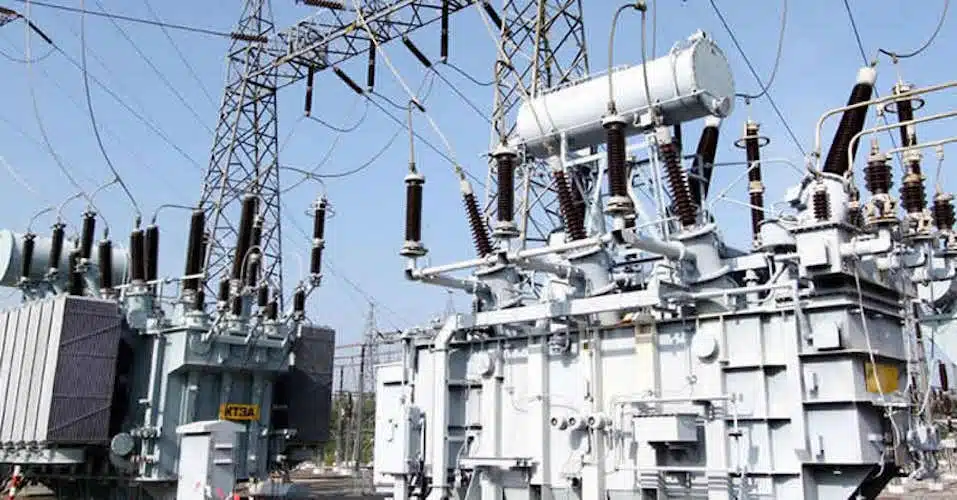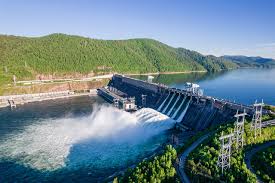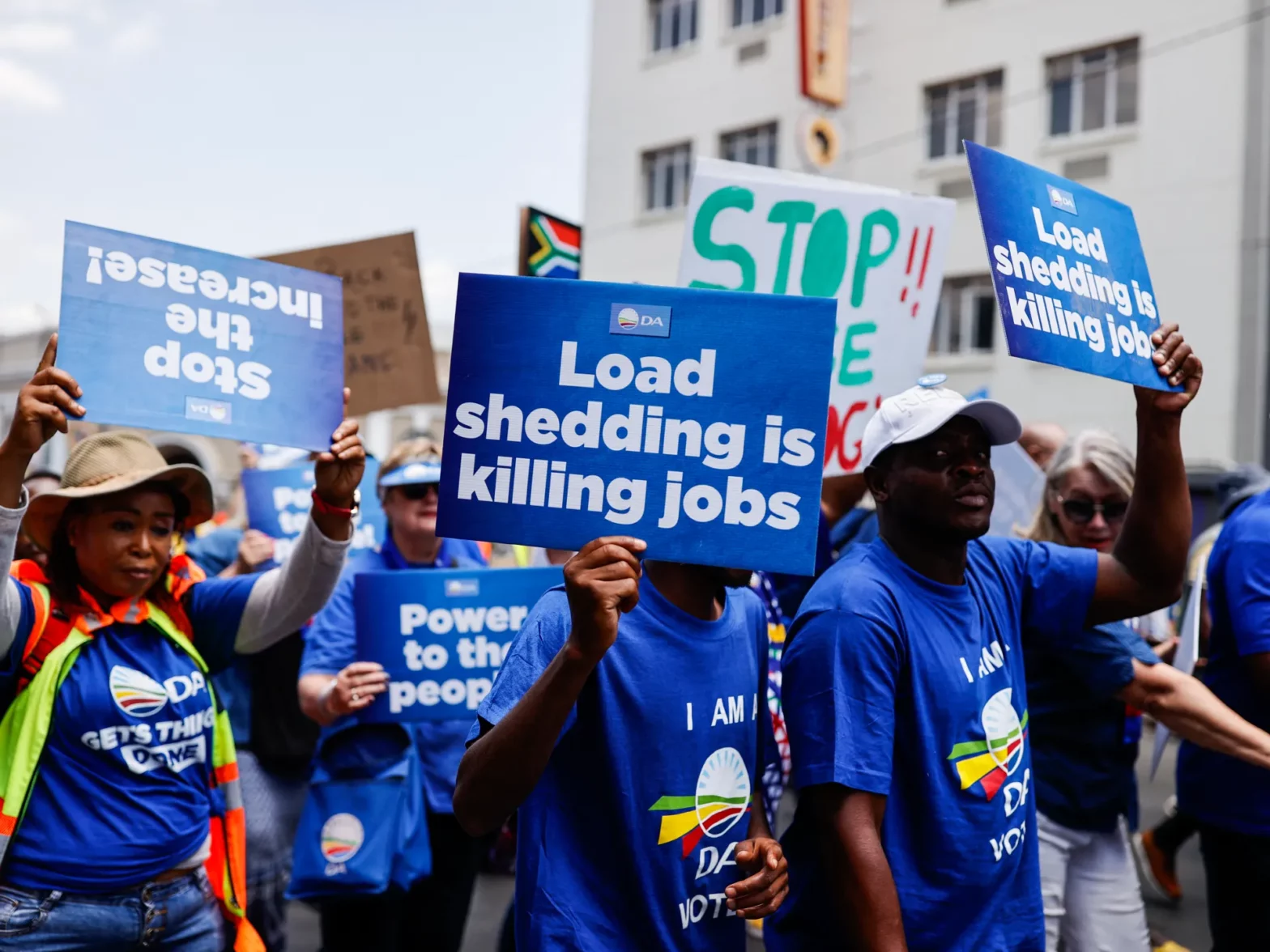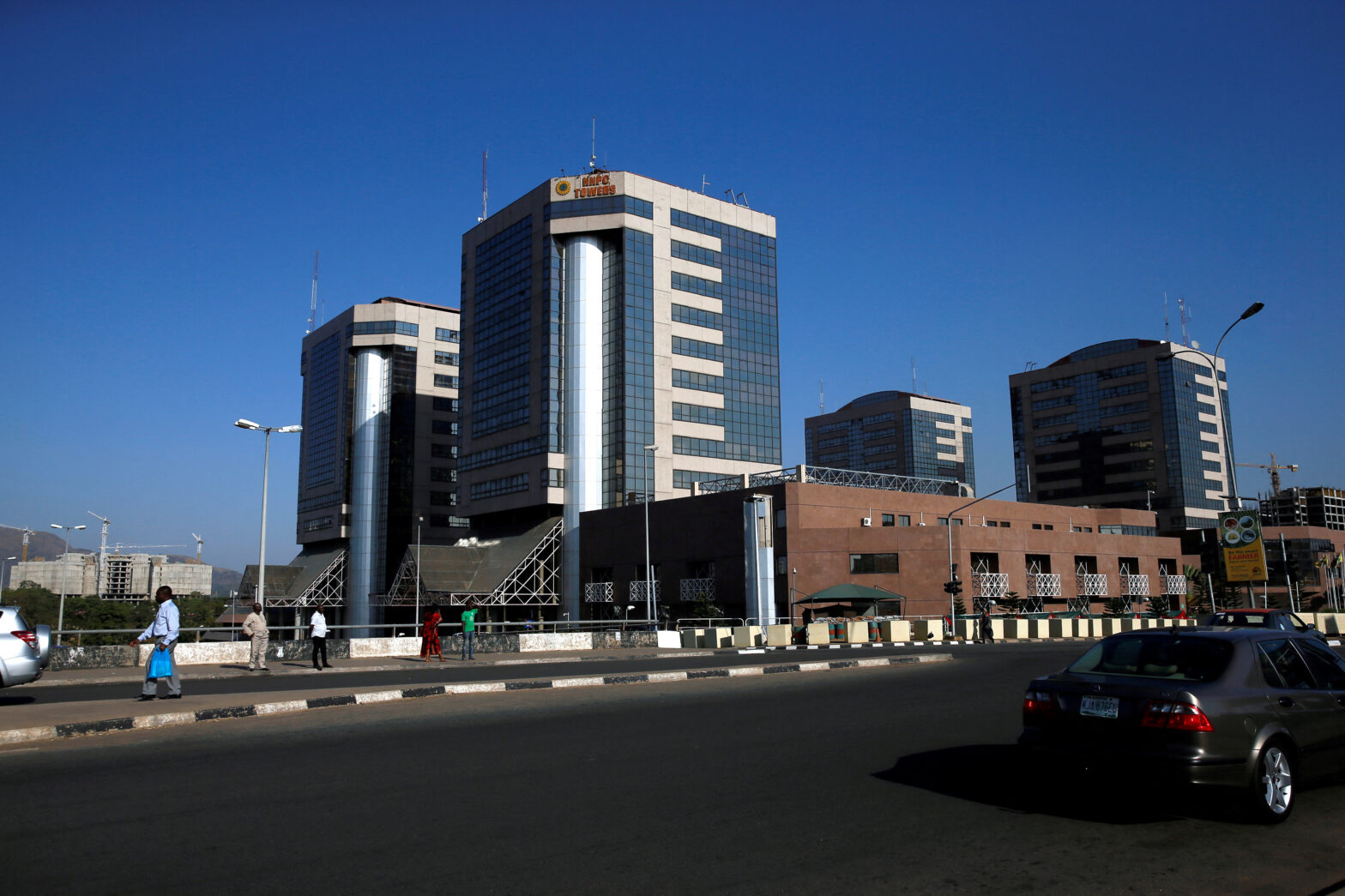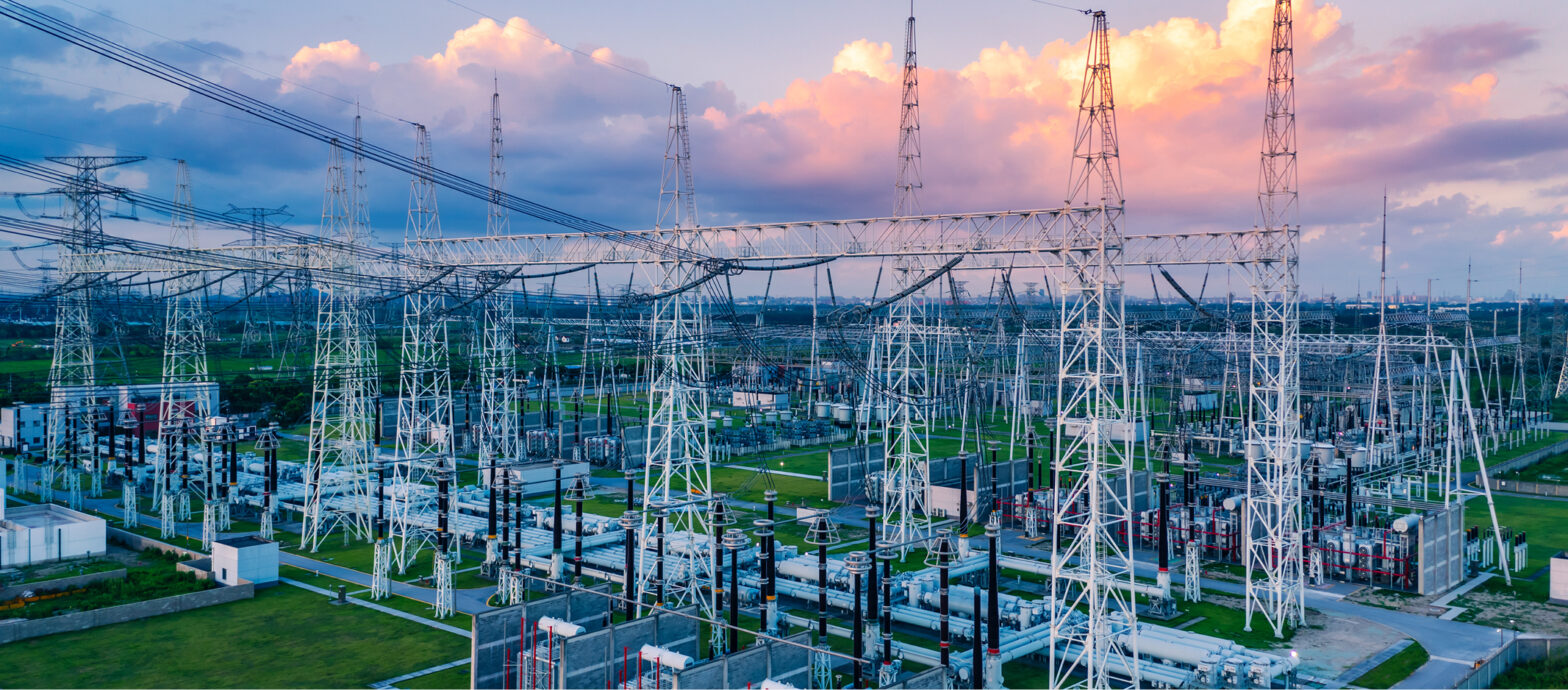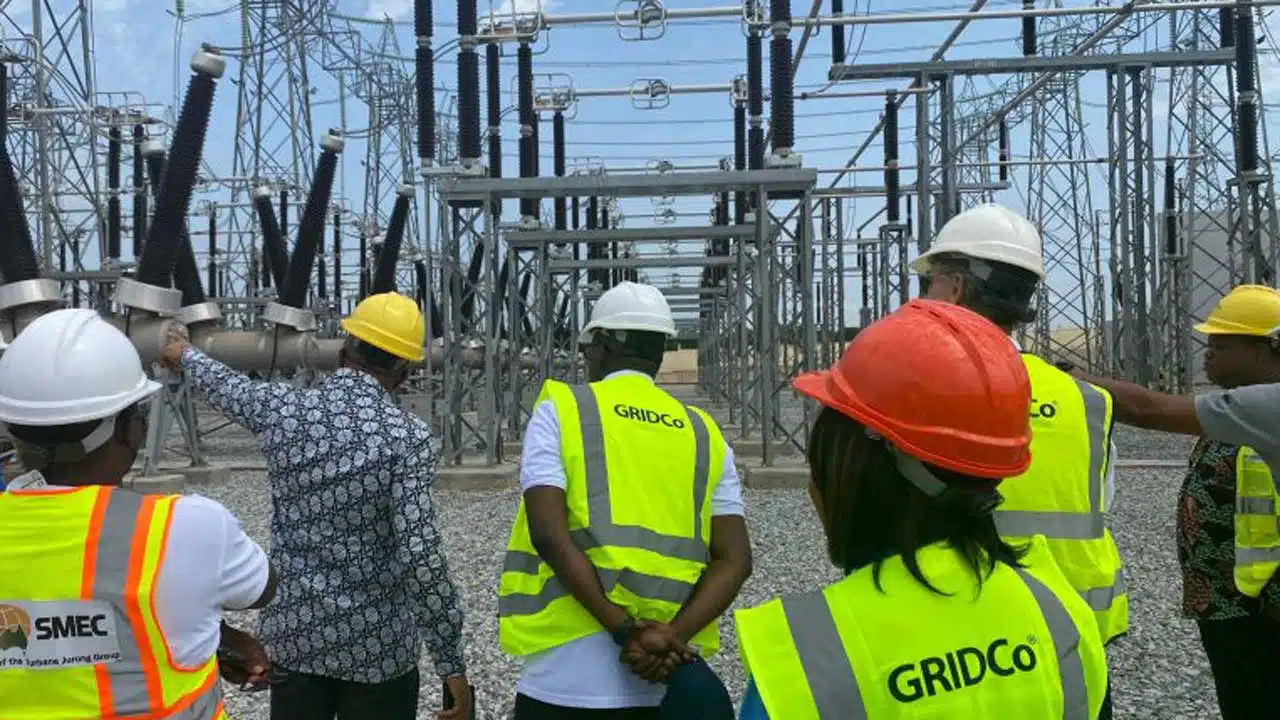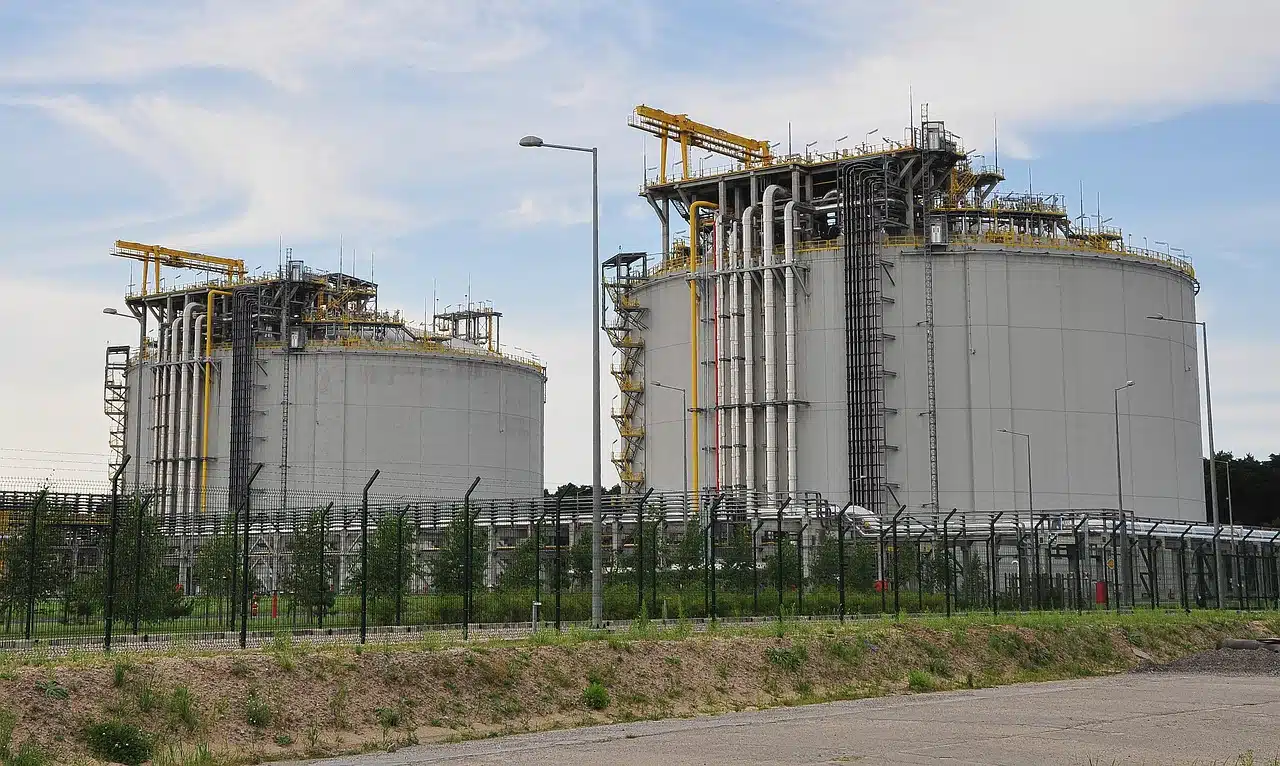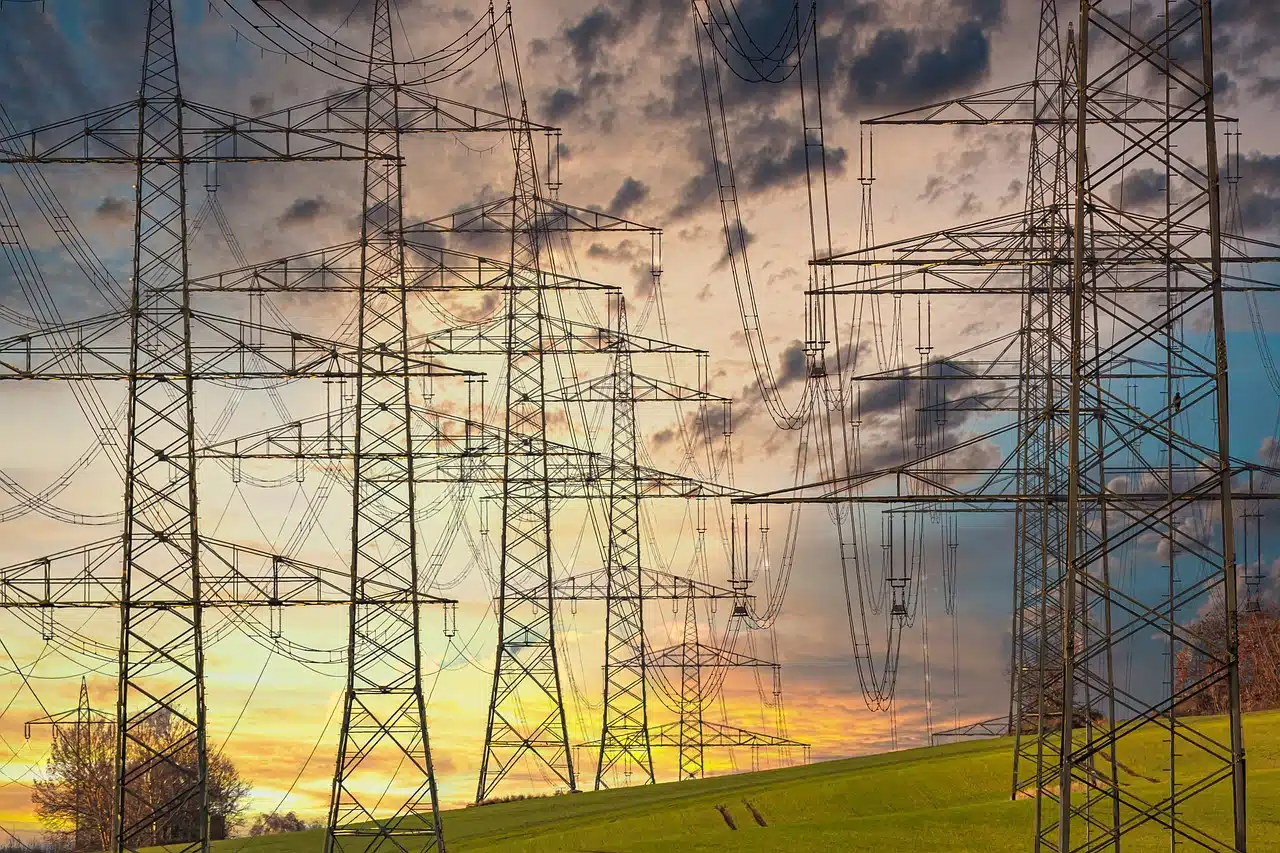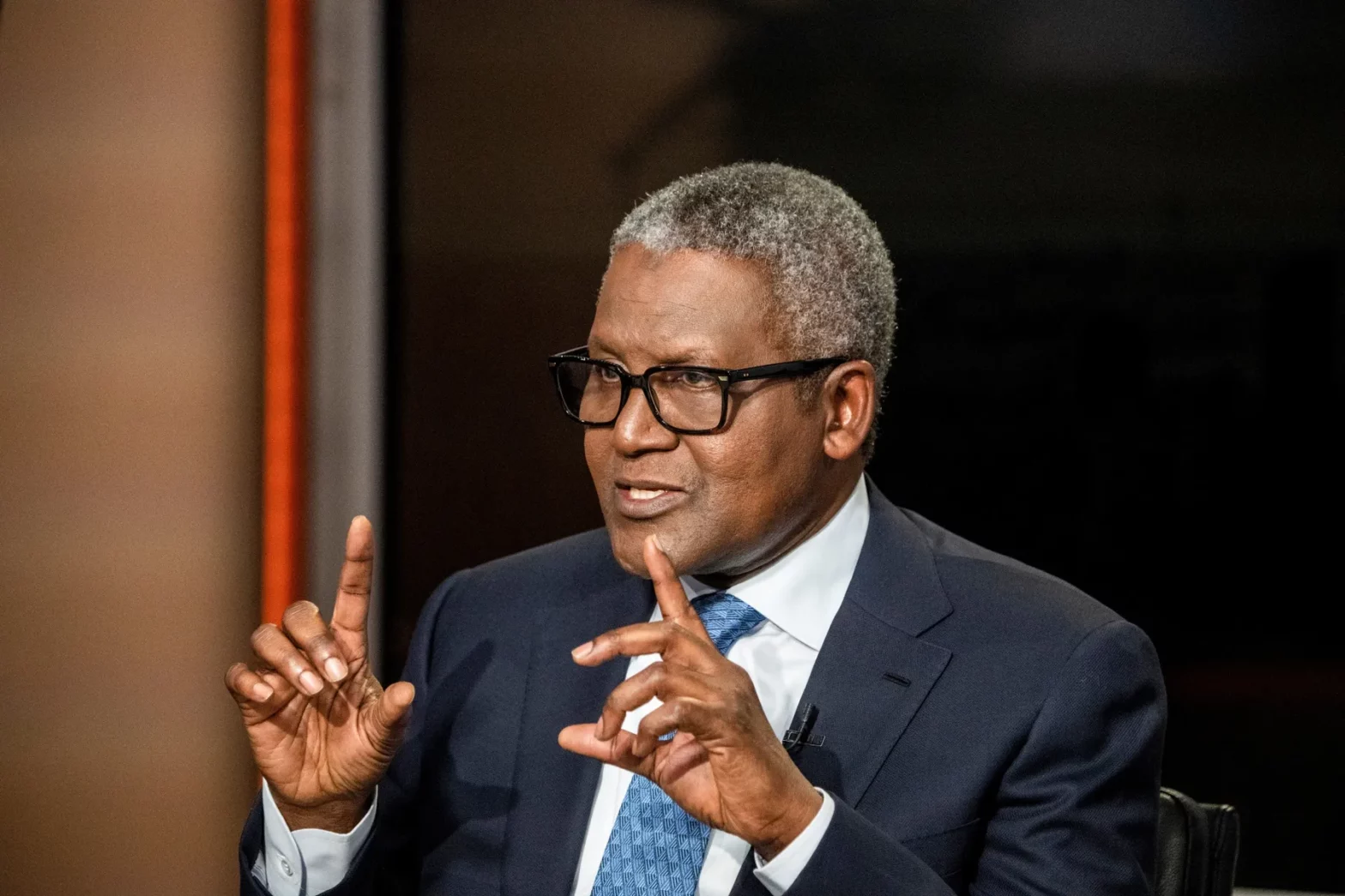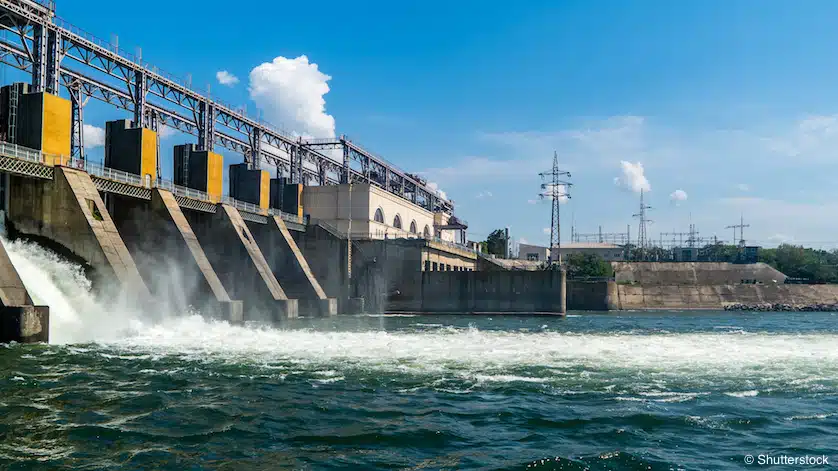The Nigerian Federal Government disclosed plans to increase electricity tariffs by 66% in the West African nation to what it described as “cost-reflective”.
The Special Adviser to President Bola Tinubu on Energy, Olu Verheijen, recently disclosed that the current power tariffs would rise by about two-thirds. If implemented, electricity tariffs would be raised by over 66%, from N116.18 to N193.63 per kilowatt-hour(kWh).
In an interview with reporters on the sidelines of the Mission 300 Energy Summit in Dar es Salaam, Tanzania, Verheijen disclosed that higher electricity tariffs, which need to be balanced by subsidies for less-affluent consumers.
Defending the tariff hike, Verheijen said the higher tariffs are required to fund the maintenance necessary to improve reliability and to attract private investors into power generation and transmission.
“One of the key challenges we’re looking to resolve over the next few months is transitioning to a cost-efficient but cost-reflective tariff,” Verheijen said.
Previous tariff hike
Earlier in 2024, the Nigerian government increased electricity tariffs by 240% for Band A electricity users, bringing electricity prices to N225 per kilowatt hour(kWh) from the previous N66, prompting outrage by businesses and individuals across the nation.
Customers on Band B to E electricity distribution classification were exempted from this tariff hike.
Following the increase in Band A tariffs in 2024, current tariffs now cover approximately 65% of the actual cost of supplying electricity, with the federal government continuing to subsidise the difference.
However, electricity distribution companies(DisCos) have decried the inability of the Federal Government to fulfil its promise to pay the cost of subsidising the electricity consumed by customers on Band B to E.
Meanwhile, the presidential aide has said that the federal government pays as much as N200 billion monthly on electricity subsidies, arguing that this benefits the wealthiest 25% of Nigerians, rather than those who truly need assistance.
Who will be affected by the new tariffs
The proposed new tariffs are aimed at electricity users under Band B to E under the Service Based Tariff(SBT) system.
These electricity users are expected to be the primary targets of the proposed tariff increase, while Band A users, who already pay a cost-reflective tariff, will be exempt from the hike.
The federal government has consistently defended the need for higher tariffs for these consumers, citing the significant financial burden of maintaining electricity subsidies. According to the government, it spends no less than N200 billion per month on electricity subsidies to keep tariffs at a minimal rate for these users.
Bands B to E account for the majority of electricity consumers in Nigeria, representing approximately 85% of total users.
Defending the proposed tariff increase, the presidential aide said higher electricity tariffs are required to fund the maintenance needed to improve reliability and to attract private investors into power generation and transmission.
What Nigerian law says on tariff increases
In response to the public discourse on tariff increase started by the presidency, the National Electricity Regulatory Commission (NERC) released guidelines on the procedure for electricity tariff reviews.
The order, signed by NERC Chairman, Sanusi Garba, stated that pursuant to the provisions of the Electricity Act 2023, the Commission is obligated to review and approve a fair tariff to allow licensees to recover prudent costs and a reasonable return on capital invested in the business for the provision of electricity services.
Section 116(1) of the Act states that tariff regulation applies to activities such as generation, transmission, distribution, trading, supply, system operation, and electricity distribution franchising.
Additionally, Section 116(2) mandates the commission to develop a tariff methodology that enables efficiently operated licensees to recover their full business costs while ensuring a reasonable return on investment for shareholders.
“In exercise of the powers conferred in Section 116 of the Act, the commission has developed and adopted the Multi-Year Tariff Order Methodology as an incentive-based price regulation framework for the determination and projection of tariffs payable in the Nigerian Electricity Supply Industry,” the law says.
NERC stated that the Multi-Year Tariff Order methodology provides for a major review of electricity tariffs every five years, during which all tariff assumptions are reviewed to ensure the industry’s viability and efficiency.
One year before the major tariff hike, the commission said it would issue a notice to all licensees about its intention while requesting them to submit applications for the review of tariffs supported with necessary documentation within 120 days of the notice.
“The commission shall, one year before the expiration of the major tariff review order in force or as may be considered necessary, issue a notice to all licensees about its intention to commence the process for a major review of the existing tariff.”
The statutory regulations listed above make it clear that a tariff review will not take place this year or the next, as the law mandates a change only every five years from the previous review.
With the tariff hike in April 2024, the country will be due for another review in 2029.

